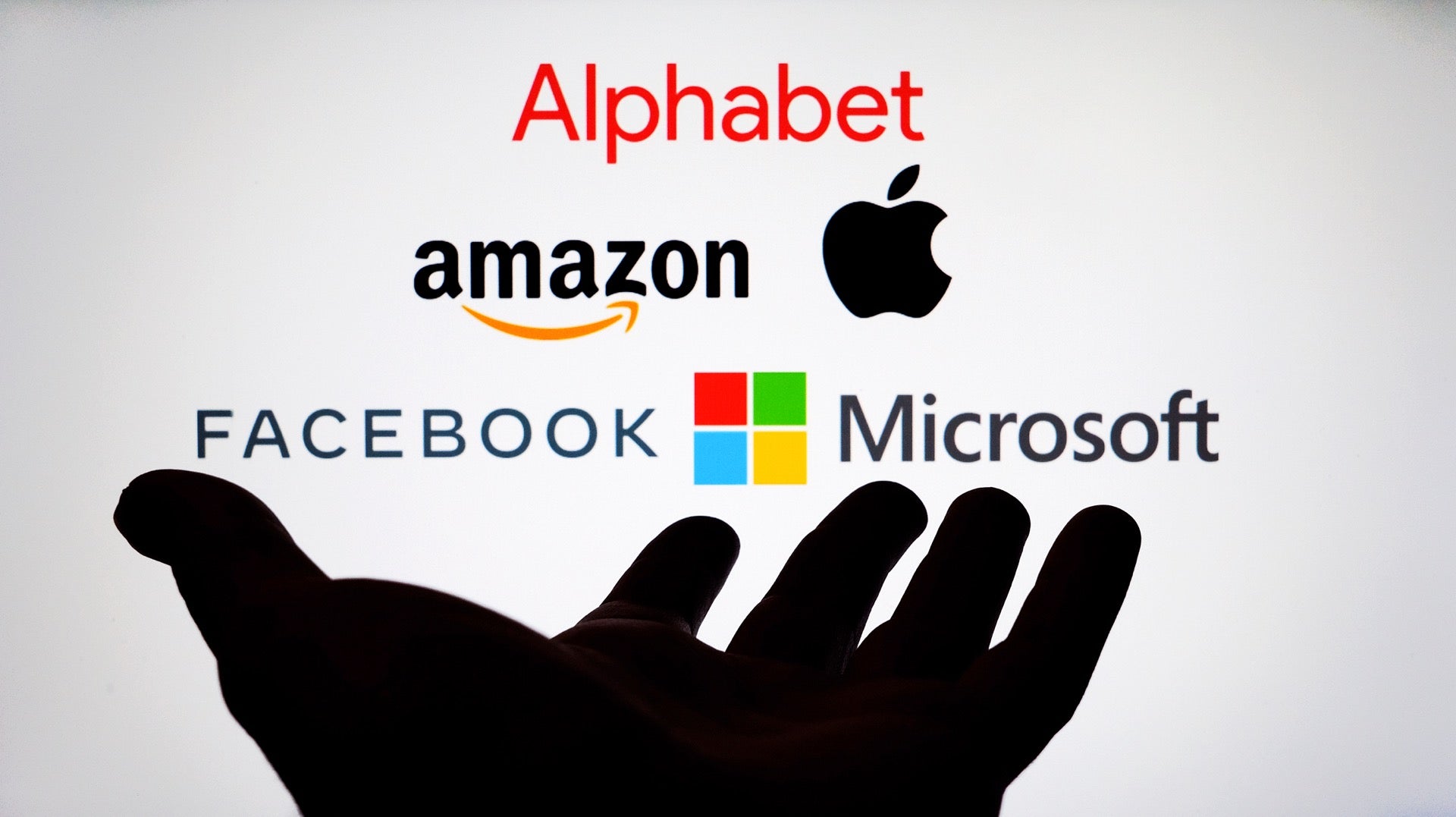
Washington’s growing beef with Silicon Valley escalated on Monday when a Republican senator introduced a bill to prevent Big Tech from acquiring any more businesses.
Missouri politician Josh Hawley has ramped up his long-running war against the country’s tech titans. His new Big Tech bill would bar any company with a market value exceeding $100bn from ever buying another business again.
Unsurprisingly, that would spell bad news for the likes of Google, Facebook, Amazon and Microsoft, the last of which actually acquired Siri voice-processing developer Nuance Communications for $19.7bn yesterday.
Although Big Tech is the main focus of his bill, Hawley said that it would also restrict further consolidation in sectors like the pharmaceutical industry.
“This country and this government shouldn’t be run by a few mega-corporations,” Hawley told Axios, adding that the Republican Party “has got to become the party of trust-busting once again. You know, that’s a part of our history.”
The news comes as cutting back the power of Big Tech has become a bipartisan concern in D.C.. Hawley’s new proposed piece of legislation, for instance, covers some of the same ground as the antitrust bill introduced by Democratic senator Amy Klobuchar in February.
How well do you really know your competitors?
Access the most comprehensive Company Profiles on the market, powered by GlobalData. Save hours of research. Gain competitive edge.

Thank you!
Your download email will arrive shortly
Not ready to buy yet? Download a free sample
We are confident about the unique quality of our Company Profiles. However, we want you to make the most beneficial decision for your business, so we offer a free sample that you can download by submitting the below form
By GlobalData“I’m willing to work with her and anybody of any party and any background. I like a lot of what senator Klobuchar has proposed,” he told Reuters about Klobuchar’s bill.
This is the latest step in Hawley’s protracted feud with Silicon Valley. Over the years, the Missouri senator has taken a notably aggressive stance when questioning tech CEOs. Hawley has also cosponsored multiple more or less successful bills on issues such as data tracking, children’s online privacy, data monetisation and tech addiction.
More recently, he’s criticised social media platforms for being biased against conservative voices, arguing that they have been silenced after the Capitol Hill riot in January. Other Republican politicians have levied similar accusations over the past few months.
Following the failed insurrection, his publisher cancelled the senator’s upcoming book about Big Tech. The publisher said it had grown concerned over Hawley’s backing of Donald Trump’s accusations about voter fraud in the presidential election in November. Hawley argued that it was another sign that Republicans were being silenced.
The new Big Tech Bill is also the latest escalation in Washington’s bid to limit the power of Silicon Valley’s powerhouses. For instance, the US Justice Department filed an antitrust lawsuit against Apple in October.
In March, the CEOs of Facebook, Google and Twitter got an earful from lawmakers during a five-hour marathon hearing about misinformation on their platforms.
Last week the Biden Administration also proposed a new agreement to make Big Tech pay more tax, both in the US and in other countries where they make money.
But the pushback against Silicon Valley is not confined to the States. Lawmakers and regulators across the world have raised similar antitrust concerns. In March, the UK Work and Pensions Committee warned that Google is not doing enough to combat pension scams and called for tougher laws to force Big Tech to do more.
The news came just days after British consumer watchdog Which? accused Google of failing to fight fake reviews after finding a booming counterfeit ratings industry.
Just last week the UK launched a new regulator, the Digital Markets Unit, to create new codes of conduct for powerful tech companies.
Regulators in the UK and the Netherlands are also investigating Apple on its anti-competitive practices on the App Store. The European Commission has launched similar probes.





